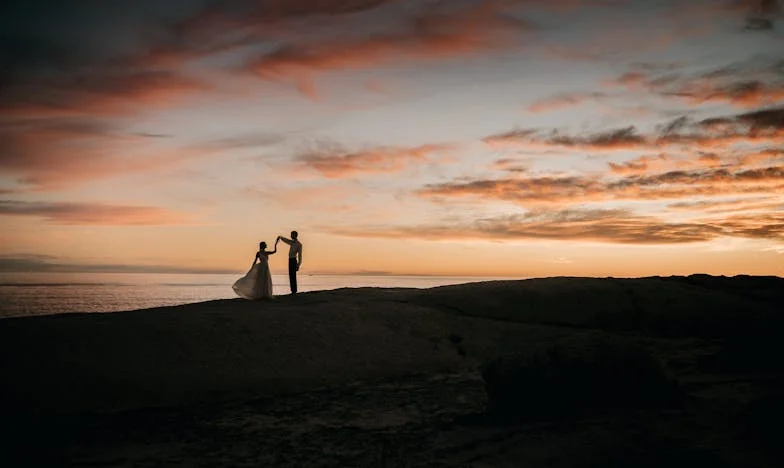Second Chances at Willow Creek Thrift
“That’s mine!” I cried out, startling the gray-haired woman behind the cash register. My voice echoed off the crowded shelves of Willow Creek Thrift, drawing the stares of bargain hunters and the click of a price tag gun somewhere in the back. I clutched the battered baseball glove, the initials ‘J.C.’ stitched in faded red thread. My hands trembled, and I felt the familiar ache in my chest—regret, longing, and the hope that maybe, just maybe, I could put things right.
“Ma’am, do you want to buy it?” the woman asked kindly, her eyes darting to my trembling hands. I nodded, unable to speak. The glove belonged to my son, Josh. He hadn’t spoken to me in three years. Three years of missed birthdays, unanswered texts, and the silence that no number of apologies could fill.
I left the store clutching the glove like a lifeline, the November wind biting my cheeks as I hurried to my car. My phone buzzed in my purse, and I stared at the screen: “Josh – Missed Call.”
The last time we’d argued, it was over something stupid. It always was. But beneath the surface, our fights were about everything: my drinking, my absence at his high school games, his anger, my guilt. The divorce. The house. The way I clung to memories and he tried to outrun them.
“Emily, you’ve got to let him go,” my sister, Laura, would say, her voice tight with worry. “He needs time. You both do.”
But how much time is enough? How long before the objects left behind—like a glove at a thrift store—are all that remain?
I drove past the old house, the one with the peeling red door and the swing set Josh built with his dad. A new family lived there now, their laughter spilling into the yard. I parked a block away, my breath fogging the window as I watched a boy—about Josh’s age when he left—swinging high, his mother pushing him gently.
I remembered the day I’d first taken Josh to Little League practice, the smell of fresh-cut grass, the way he beamed when I cheered. Before the fights, before the bottles hidden in the back of the pantry.
I called Laura. “I saw his glove today.”
She paused. “You should call him, Em.”
“What if he doesn’t answer?”
“Then you try again. You keep trying.”
I gripped the steering wheel. “I’m scared, Laura. What if I’ve lost him for good?”
She sighed. “You haven’t. Not if you still care.”
That night, I took the glove to the kitchen table and pulled out a pad of paper. I wrote Josh a letter, the kind I should’ve written years ago. I told him about the glove, about the way it felt to hold something that had once fit his hand. I wrote about my mistakes, about going to meetings, about being sober for 11 months. I wrote that I missed him, and that I’d always love him, no matter what.
Days passed. I went to work, stocked shelves at the grocery, tried to keep busy. I checked my phone every hour. No reply.
Then, one Saturday morning, I heard a knock. I opened the door, and there he was—taller, older, his eyes wary but searching. He looked me over, then down at the glove in my hand.
“I got your letter,” he said, voice cracking.
I swallowed. “Thank you for coming.”
He looked at the glove, then at me. “Do you remember the last game you saw?”
I nodded. “You hit a home run. I was so proud of you.”
He looked away. “I was angry for a long time.”
“I know. I was too.”
He took a shaky breath. “I’m not saying everything’s okay. But maybe we can start over?”
Tears stung my eyes as I nodded. “I’d like that very much.”
We sat at the kitchen table, the silence between us not as heavy as before. He tried on the glove—his hand barely fit now, but he smiled anyway.
We talked for hours, about his job fixing cars, about my meetings, about small things. He asked if I wanted to see him play softball with friends next weekend. I said yes.
That night, after he left, I held the glove close, feeling something shift inside me—a loosening of the old pain, a glimmer of hope. Maybe second chances aren’t found in grand gestures, but in thrift store finds and honest words.
I wonder: How many of us have let go of something—or someone—too soon? And what would happen if we tried, just once more, to reach out?
